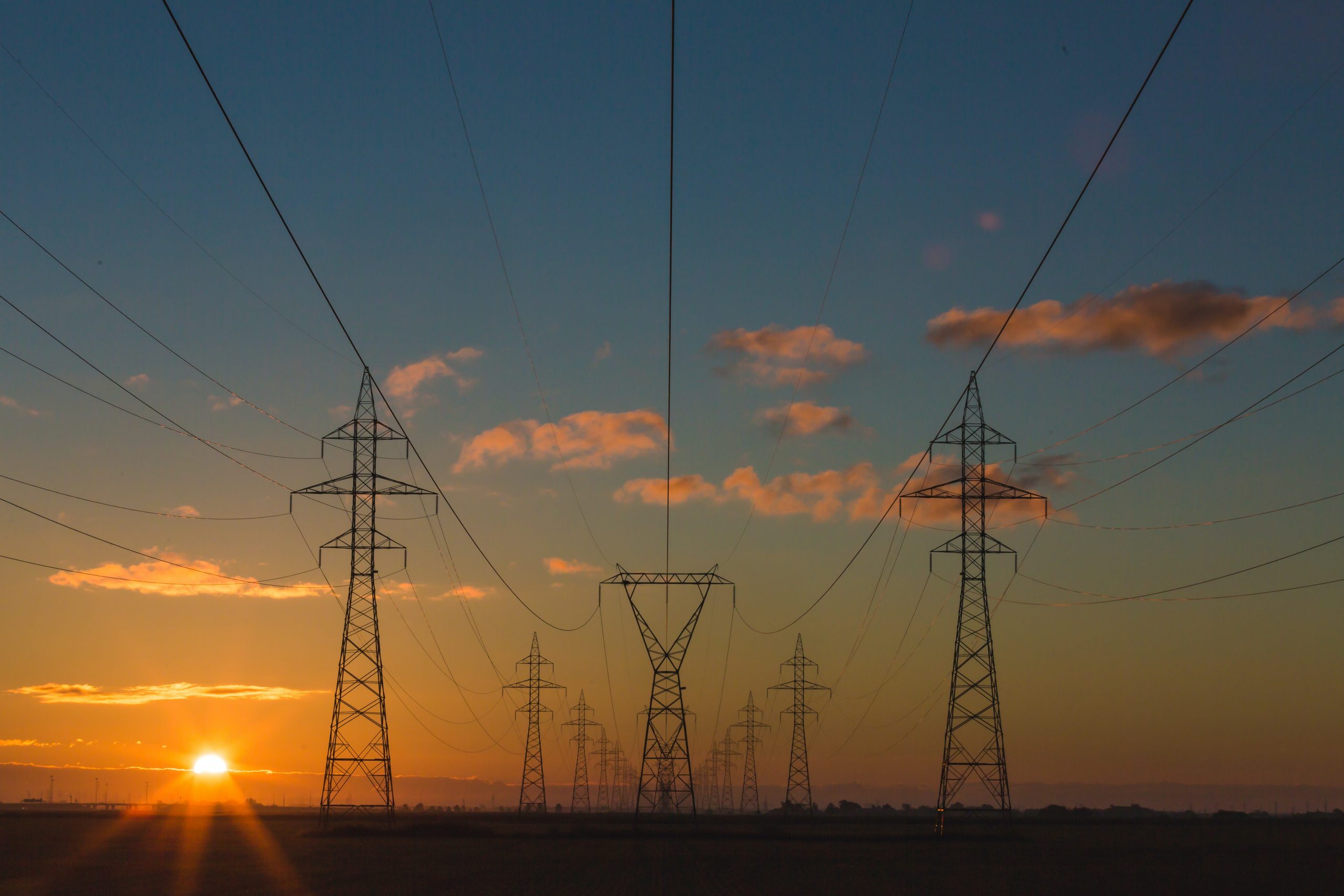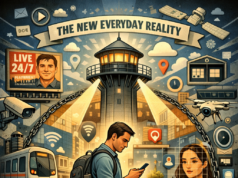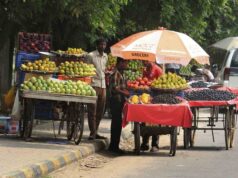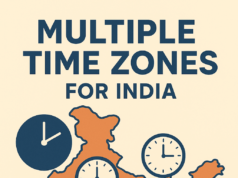In September 1984, Tamil Nadu’s then chief minister M.G. Ramachandran launched a free power scheme for all small & marginal farmers and hut residents. Eventually, the benefits were extended to the big farmers and farmers engaged in horticulture and prawn/fish cultivation. Later, the scheme was extended to weavers. Handloom weavers got 250 units of free electricity and power-loom weavers got 750 units. In 2016, the Tamil Nadu government started delivering 100 units of free electricity to all domestic users, irrespective of their economic status. This free power scheme is still in practice (now the Tatkal scheme). The scheme is implemented through a significant tariff subsidy to TANGEDCO, the state electricity board. In FY 2019-20, this subsidy amounted to ₹3,073 crores.
As the electricity is provided free for the farmers, the farmers do not judiciously use the electricity given. This leads to over-pumping groundwater. As the farmers don’t have any incentive to save electricity, they become less conscious of their consumption, and it discourages electricity and water conservation. This creates a vicious cycle. As the excessive pumping of the groundwater pushes the water table further down, the farmers will be forced to switch to high-capacity pump sets, which increase power consumption. This vicious cycle leads to the exploitation of both water and electricity. Moreover, the Kaveri delta region in Tamil Nadu is currently experiencing a worrying rate of groundwater depletion.
To avoid this vicious cycle, the Tamil Nadu government must switch from a free power supply to a ‘Direct Benefit Transfer’ (DBT) for the farmers. Under a DBT scheme, the government will transfer subsidies directly to the farmer’s bank accounts. The government can decide the subsidy amount for each farmer based on the size and nature of the agricultural land. The farmers can use this DBT money to pay their electricity bills, and now the farmers will have an incentive to save electricity as the money saved from reducing the electricity bills can be used by them for other agricultural purposes. DBT will make the farmers more accountable and encourage judicious usage of money, electricity and water.
The 100 units of free electricity bi-monthly to all domestic users also brings the issue of lack of accountability. Many houses in Tamil Nadu which don’t have heavy electrical equipment like air conditioners and geysers use electricity much less than 100 units bimonthly. So these households never pay the electricity bill as the entire bill is subsidized. Hence, these households don’t care whether they consume 50 units of electricity or 80 units of electricity as both are the same in their perspective as they don’t pay for it. When the residents realize that switching off the lights and fans will make no difference in their bill amount, they will fail to switch off lights and fans when not in use. The lack of incentive to conserve electricity creates a lack of accountability among these households. Due to this lack of accountability, the household that is supposed to consume only 50 units of electricity will now consume above 50 units. Moreover, the economically stronger people also enjoy this free electricity.
So instead of providing free electricity, direct benefit transfers (DBTs) for the subsidized amount can be given to households. It is intuitive to say that the funds will be misused when they are directly given in cash. But in reality, DBTs are efficiently utilized. Mukhyamantri Balika Cycle Yojana scheme by the Bihar government in 2006 is one such example. Every girl student of class 9 and above was given Rs 2500 to purchase a cycle under the scheme. The intent was to ensure an easy commute to school. Leakages for the scheme were observed to be below 5%, indicating little misuse of the DBTs. Moreover, the enrolment of the girl students increased by over 30% in the first year itself. Under the given context, such a scheme would encourage households to reduce their electricity bill and use saved DBT money for other purposes. This will reduce overconsumption of electricity. The livelihood of these households will also improve due to increased savings. Moreover, the beneficiaries of this scheme can be limited to the economically weaker section of society.
Additionally, as observed by the author, the free power scheme has incentivised certain illegal practice. As the first 100 units of each electricity bill are subsidized, people have started bribing government officials to split their electricity bill into two by installing additional electricity meters for the same house. So now these households get the benefit of 200 units of free electricity. It has started becoming a common practice in Tamil Nadu, where heavy electrical equipment like air conditioners and water pumps are connected to the illegally installed additional meter. Through the DBT scheme, even this illegal practice can be avoided as the additional bill cannot be generated as each bill will be mapped to the corresponding family card and bank accounts. Moreover, replacing the free electricity scheme with the DBT scheme is a highly sustainable approach as it conserves water and reduces carbon emissions by saving electricity.
Read more: Climate change has raised tricky questions over policy responses
Post Disclaimer
The opinions expressed in this essay are those of the authors. They do not purport to reflect the opinions or views of CCS.






